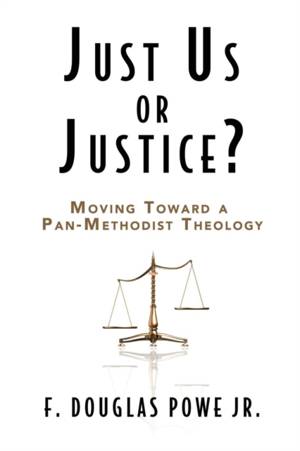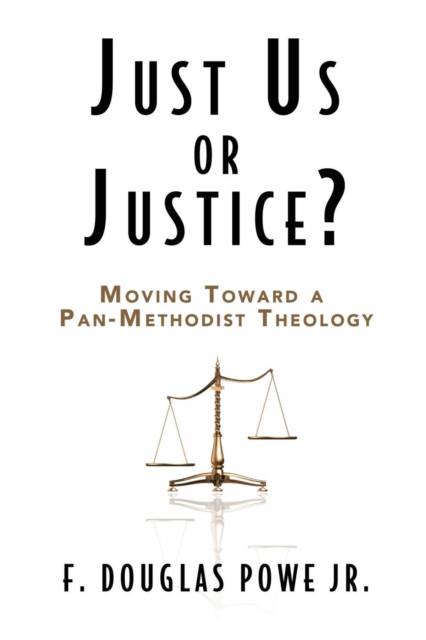
- Afhalen na 1 uur in een winkel met voorraad
- Gratis thuislevering in België vanaf € 30
- Ruim aanbod met 7 miljoen producten
- Afhalen na 1 uur in een winkel met voorraad
- Gratis thuislevering in België vanaf € 30
- Ruim aanbod met 7 miljoen producten
Zoeken
€ 27,95
+ 55 punten
Omschrijving
Wesleyan theology and African American theology have both become fixtures on the theological landscape in recent years. While developing along parallel tracks both perspectives make claims concerning justice issues such as racism and sexism. Both, however, perceive justice from a particular vantage that focuses on just-us (just our community). Hence African American theology has not seriously studied John Wesley's stance against slavery or his work with the disenfranchised. And Wesleyan theologians have largely ignored the insights of African American theology especially in regard to certain injustices. To get beyond the "just-us" mentality, the author lays the foundation for a Pan-Methodist theology, which will draw from the strengths of African American and Wesley theologies.
Specificaties
Betrokkenen
- Auteur(s):
- Uitgeverij:
Inhoud
- Aantal bladzijden:
- 156
- Taal:
- Engels
Eigenschappen
- Productcode (EAN):
- 9780687465538
- Verschijningsdatum:
- 1/06/2009
- Uitvoering:
- Paperback
- Formaat:
- Trade paperback (VS)
- Afmetingen:
- 152 mm x 229 mm
- Gewicht:
- 195 g

Alleen bij Standaard Boekhandel
+ 55 punten op je klantenkaart van Standaard Boekhandel
Beoordelingen
We publiceren alleen reviews die voldoen aan de voorwaarden voor reviews. Bekijk onze voorwaarden voor reviews.











